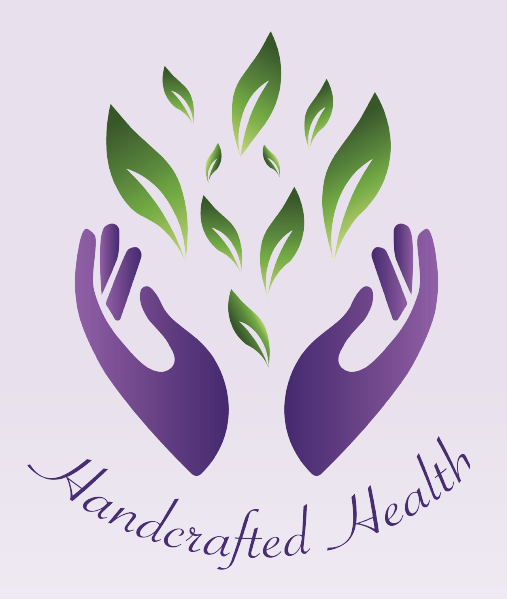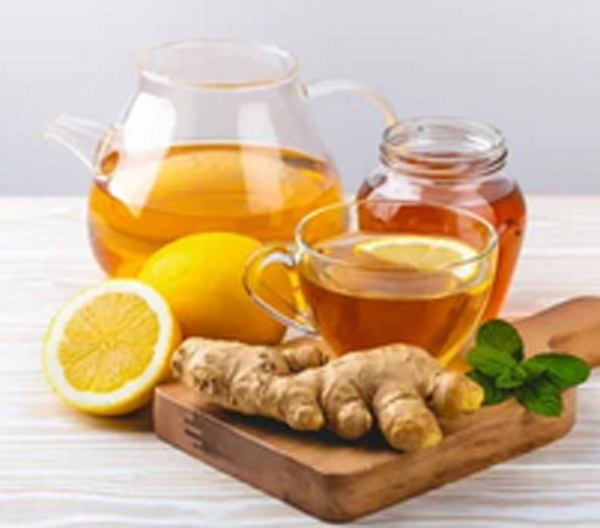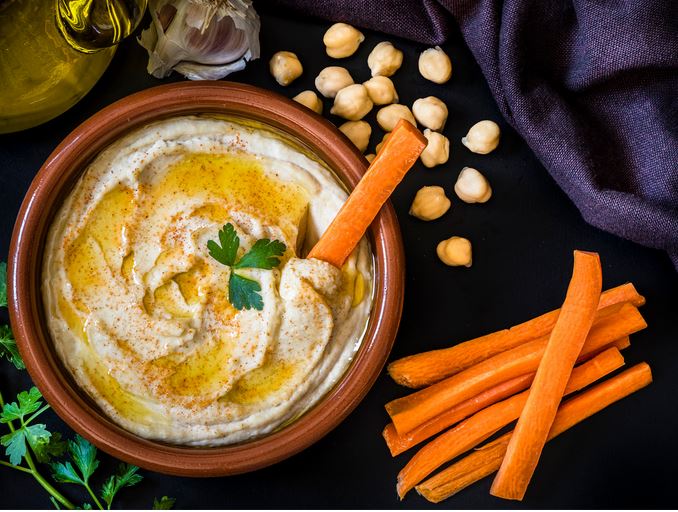What is Stress Really?
Stress acts to motivate and sharpen our focus in situations where immediate action is required. It shunts blood to the important organs like the heart and brain and also releases blood sugar to power the big muscles in the legs, so we can either “stand and fight or run away”.
The greater the intensity or urgency of the situation, the greater our stress response will be. Our acute stress response (also called the ‘flight or fight’ response) gives a burst of energy to help us deal with any immediate danger. However, in our modern world, with so many emotional triggers seemingly around every corner, we are faced with ongoing stressors, like work deadlines, being stuck in traffic, endless emails and negative news stories. Chronic stress strongly affects every system in your body, with ongoing or poorly managed stress, can increase the risk of potential health consequences.
Who Does it Affect?
Stress does not discriminate on age or gender, with both men and women of any age feeling the effects of stress at some point in life. However, what is stressful for one person may not be for another, as everybody reacts to stress in different ways. Stress can be so ingrained in our daily life, that it may feel ‘normal’. Nevertheless, it is important not to underestimate the impact that stress may have on our physical and mental well-being.
What Body Systems Does it Affect?
As our stress response is also a survival mechanism (trying to keep us safe) it is not surprising that so many systems in the body are affected.
Stress can affect our –
- Mental wellbeing and mood (leading to irritability, anxiety and /or depression)
- Our digestive function (leading to symptoms like reflux, bloating, and altered bowel habits)
- Sleeping patterns (falling asleep and/or staying asleep, waking up too early)
- Cardiovascular function, like increased heart rate and blood pressure
- Energy levels, from early morning fatigue to an afternoon slump and evening exhaustion
- Altered reproductive hormones leading to PMS, PCOS, infertility, menopausal issues
What does stress feel like to you?
Stress can manifest in many ways
Nervous tension and anxiety: Frequent and persistent tension and anxiety may manifest as excessive fear and worry, restlessness, tightening of the chest, racing heartbeat, and in extreme cases, panic attacks. This negatively impacts the quality of life and normal day-to-day functioning.
Wired and tired: When stress is ongoing, your brain may perceive this as an ongoing threat, mounting a stress response to keep you alert or ‘wired’. This can reduce your ability to relax and wind down, resulting in feeling not only wired but tired too – a sensation of being unable to switch off in spite of being exhausted.
Exhausted and flat: In some individuals, exposure to ongoing stress may physically change the way their brain is able to respond. In these circumstances, the person is left feeling both physically and mentally exhausted, affecting performance at work and in everyday life.
Low mood and lethargic: Ongoing stress can lead to structural changes to brain tissues, changing the way the brain functions. Ongoing stress can also impact their resilience. This can affect the activity of brain chemicals leading to feelings of poor mood and may manifest as feelings of overwhelm, and vulnerability, and lead to teary, weepy moments.
Insomnia: Stress can negatively impact sleep quality and quantity. This may manifest as an inability to unwind and fall asleep due to ruminating thoughts about your day, frequent waking, and/or feeling unrefreshed upon waking.
Ideas to Support in Times of Stress
Nutrients – Magnesium levels may be depleted with stress as our bodies use and excrete more magnesium than usual at these times. See more in the blog – Is A Magnesium Supplement A Help For Menopause.
B Vitamins – are powerhouse nutrients involved in numerous hormonal pathways and support brain chemistry. So, if a deficiency exists it may manifest as low mood, irritability, and/or difficulty concentrating.
Herbs – that are traditionally used to help manage anxiety are Zizyphus, Magnolia and Passionflower. They promote the calming brain chemical gamma-aminobutyric acid (GABA). Other herbs known as ‘adaptogens’, help our body to adapt to stress. Withania helps reduce the stress hormone cortisol, while Siberian ginseng is useful when stress leads to physical fatigue. Rhodiola helps improve work performance by relieving both mental and physical exhaustion. Still, other herbs help induce sleep and reduce night-time waking. California poppy possesses mild sedative properties, and both Cal poppy and lavender promote the calming effects of GABA, to induce relaxation and restful sleep.
Whole Foods – Meals with a palm size of protein along with salad or vegetables, plus a serving of whole grains like rice, quinoa or couscous. In some cases, eating small, frequent meals may be helpful to balance blood glucose levels and therefore energy needs.
If you would like a specific prescription to combat the stress in your life, please contact Sue for a consultation. A prescription will include specific diet and lifestyle advice with tailored nutraceuticals and herbal medicine formulas prescribed when necessary.
You may find the post listed below helpful








0 Comments